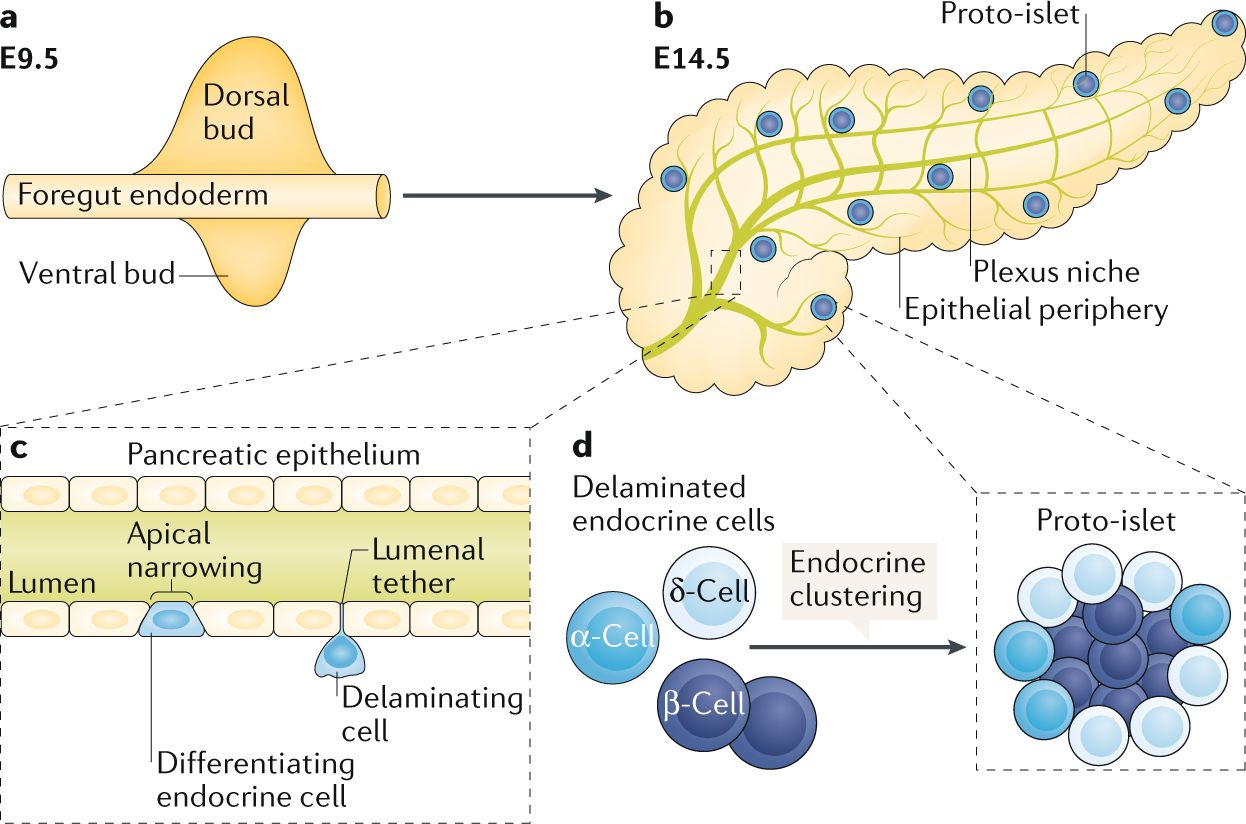
Pancreatic Beta Cell Agenesis with Neonatal Diabetes Mellitus is a rare genetic disorder where the pancreas fails to develop insulin-producing beta cells. Neonatal diabetes mellitus appears within the first six months of life, causing high blood sugar levels. This condition can be life-threatening if not managed properly. Symptoms often include excessive thirst, frequent urination, and poor weight gain. Genetic mutations, particularly in the INS gene, are usually responsible. Treatment typically involves insulin therapy to regulate blood sugar. Understanding this condition is crucial for early diagnosis and effective management. Here are 30 facts to help you grasp the essentials of this rare but significant disorder.
Key Takeaways:
- Pancreatic Beta Cell Agenesis is a rare genetic disorder causing severe diabetes from birth due to a lack of insulin-producing cells. Early diagnosis and lifelong treatment are crucial for managing this condition.
- Neonatal Diabetes Mellitus in newborns can lead to high blood sugar, dehydration, and developmental delays. Regular insulin therapy, diet management, and specialist care are essential for a relatively normal life.
What is Pancreatic Beta Cell Agenesis?
Pancreatic Beta Cell Agenesis is a rare genetic disorder where the pancreas fails to develop beta cells. These cells are crucial for producing insulin, which regulates blood sugar levels. Without them, individuals face severe diabetes from birth.
- Genetic Origin: This condition is often caused by mutations in the Pdx1 gene, which is vital for pancreatic development.
- Insulin Production: Beta cells are responsible for producing insulin. Without them, the body cannot regulate blood sugar.
- Neonatal Onset: Symptoms appear within the first six months of life, making early diagnosis critical.
- Rare Condition: It affects fewer than 1 in 1 million newborns worldwide.
- Inheritance Pattern: The disorder is usually inherited in an autosomal recessive manner, meaning both parents must carry the gene mutation.
Symptoms of Neonatal Diabetes Mellitus
Neonatal Diabetes Mellitus (NDM) is a form of diabetes that occurs in newborns. It is often linked to Pancreatic Beta Cell Agenesis, leading to severe health issues.
- High Blood Sugar: Infants with NDM have elevated blood glucose levels, which can be life-threatening.
- Dehydration: High blood sugar causes excessive urination, leading to dehydration.
- Failure to Thrive: Affected infants often struggle to gain weight and grow at a normal rate.
- Frequent Infections: High blood sugar levels can weaken the immune system, making infections more common.
- Developmental Delays: Prolonged high blood sugar can affect brain development, leading to cognitive delays.
Diagnosis and Testing
Early diagnosis is crucial for managing Pancreatic Beta Cell Agenesis and NDM. Several tests can help identify the condition.
- Genetic Testing: Identifies mutations in genes like Pdx1 to confirm the diagnosis.
- Blood Tests: Measure blood sugar levels to detect hyperglycemia.
- Insulin Levels: Low or absent insulin levels indicate beta cell agenesis.
- C-Peptide Test: Measures C-peptide, a byproduct of insulin production, to assess beta cell function.
- Imaging: Ultrasound or MRI can reveal the absence of a developed pancreas.
Treatment Options
Managing Pancreatic Beta Cell Agenesis and NDM requires lifelong treatment and monitoring.
- Insulin Therapy: Daily insulin injections or an insulin pump help regulate blood sugar.
- Diet Management: A balanced diet with controlled carbohydrate intake is essential.
- Frequent Monitoring: Regular blood sugar checks are necessary to prevent complications.
- Hydration: Ensuring adequate fluid intake helps manage dehydration.
- Specialist Care: Regular visits to endocrinologists and other specialists are crucial for comprehensive care.
Complications and Long-Term Outlook
Without proper management, Pancreatic Beta Cell Agenesis and NDM can lead to severe complications.
- Ketoacidosis: A life-threatening condition caused by extremely high blood sugar and ketone levels.
- Organ Damage: Prolonged high blood sugar can damage organs like the kidneys, eyes, and heart.
- Growth Issues: Children may experience stunted growth and delayed puberty.
- Neurological Problems: High blood sugar can affect brain development, leading to learning difficulties.
- Life Expectancy: With proper management, individuals can lead relatively normal lives, though they may face ongoing health challenges.
Research and Future Directions
Ongoing research aims to improve the understanding and treatment of Pancreatic Beta Cell Agenesis and NDM.
- Gene Therapy: Scientists are exploring ways to correct genetic mutations causing the disorder.
- Stem Cell Research: Efforts are underway to develop beta cells from stem cells for transplantation.
- New Medications: Researchers are working on drugs that can stimulate insulin production or mimic its effects.
- Early Detection: Advances in genetic testing may allow for earlier diagnosis and intervention.
- Patient Support: Organizations and support groups provide resources and advocacy for affected families.
Final Thoughts on Pancreatic Beta Cell Agenesis
Pancreatic Beta Cell Agenesis with Neonatal Diabetes Mellitus is a rare but significant condition. Understanding its genetic roots and symptoms can help in early diagnosis and better management. Research continues to uncover more about this condition, offering hope for improved treatments.
Parents and caregivers should stay informed and work closely with healthcare providers. Awareness and education are key in managing this condition effectively.
By staying updated on the latest developments, families can better navigate the challenges posed by this rare form of diabetes.
Remember, knowledge is power. The more you know about Pancreatic Beta Cell Agenesis, the better equipped you'll be to handle it. Stay proactive, stay informed, and support ongoing research efforts.
Frequently Asked Questions
Was this page helpful?
Our commitment to delivering trustworthy and engaging content is at the heart of what we do. Each fact on our site is contributed by real users like you, bringing a wealth of diverse insights and information. To ensure the highest standards of accuracy and reliability, our dedicated editors meticulously review each submission. This process guarantees that the facts we share are not only fascinating but also credible. Trust in our commitment to quality and authenticity as you explore and learn with us.
